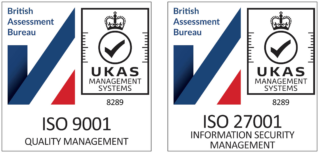Money laundering is when criminals illegally move money through the financial system to hide its original source and make it look like it was earned legitimately. Anti-money laundering (AML) refers to the regulations, measures and procedures adopted by an organisation to prevent money laundering.
Regulated business, such as those in finance, property and insurance as well as high-value retailers and art-dealers, are legally obliged to comply with AML regulations. Running rigorous Know Your Customer (KYC) checks as part of AML compliance, protects them from the risk of money laundering, fraud and financial crime.
